Myo-Inositol: Side Effects, Uses, Interactions, Review

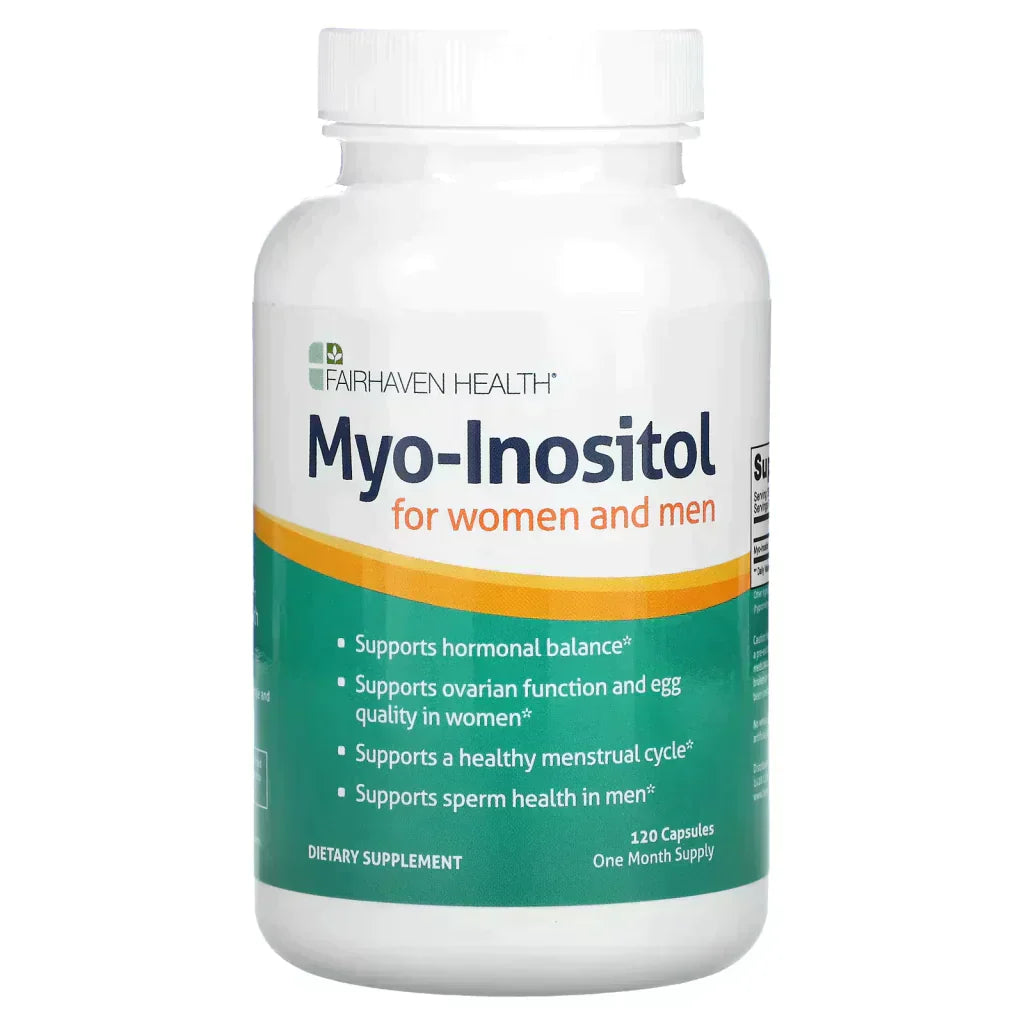
Related products
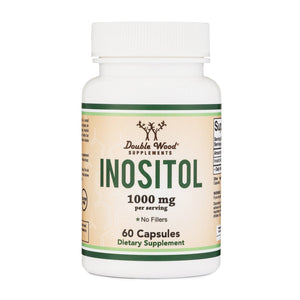
Myo-Inositol

How does it work?
Myo-inositol works by influencing how your body processes insulin. Insulin is a hormone that aids in the regulation of blood sugar levels. When your blood sugar levels rise, your body generates more insulin to lower them. Diabetes occurs when the body either does not create enough insulin or when the cells do not respond adequately to insulin. This can result in dangerously high blood sugar levels. Myo-inositol may aid by boosting your body's insulin utilization.
What are the benefits?
In persons with type 2 diabetes, myo-inositol has been found to improve insulin sensitivity and lower blood sugar levels. It may also aid in the treatment of PCOS by lowering symptoms such as excessive hair growth and irregular periods. Furthermore, myo-inositol may aid in the treatment of depression by raising levels of serotonin, a neurotransmitter connected to mood.
Are there any side effects?
In general, myo-inositol is well tolerated. Diarrhea is the most prevalent side effect. Headache, tiredness, and drowsiness are also possible adverse effects.
Myo-inositol is a chemical that is connected to glucose. It can be present in many foods, but it can also be manufactured in a laboratory. Myo-inositol may have various health benefits, including the treatment of diabetes, PCOS, and depression.
Dosage
Myo-inositol dosages commonly vary from 1,200 to 6,000 milligrams (mg) per day. Myo-inositol is generally well tolerated, but diarrhea is the most common side effect. Headache, tiredness, and drowsiness are also possible adverse effects. If you're thinking about taking myo-inositol pills, consult with your doctor first to make sure they're good for you.
Pharmacokinetics
After oral administration, inositol is promptly and completely absorbed from the gastrointestinal tract. Food has no discernible effect on absorption. Inositol has a plasma half-life of roughly 1 hour. Inositol is eliminated in the urine unaltered.
Interactions
Certain medications, such as diabetes medications, may interact with myo-inositol supplements. Before taking myo-inositol supplements, see your doctor if you are on any drugs.
Pregnancy and breast-feeding
When consumed in amounts of up to 3 grams per day, myo-inositol is likely safe for pregnant and breast-feeding women. More research, however, is required to corroborate this. Before taking myo-inositol supplements, see your doctor if you are pregnant or breastfeeding.
Research
Myo-inositol is a chemical that is connected to glucose. It can be present in many foods, but it can also be manufactured in a laboratory. Myo-inositol may have various health benefits, including the treatment of diabetes, PCOS, and depression.
How is it supplied?
Myo-inositol comes in pill and powder form. The typical daily dose ranges from 1,200 to 6,000 mg.
Long-term effects
Long-term myo-inositol supplementation poses no recognized risks. More research, however, is required to corroborate this.
What other names is it known by?
D-chiro-inositol, inositol, and myoinositol are other names for myo-inositol.
How long does it stay in your body?
After oral treatment, myo-inositol is promptly and completely absorbed from the gastrointestinal tract. It has a plasma half-life of approximately one hour. Inositol is eliminated in the urine unaltered.
Is it safe?
Yes, most people are expected to be safe when taking up to 3 grams of myo-inositol per day for up to 12 months. Diarrhea is the most prevalent side effect. Headache, tiredness, and drowsiness are also possible adverse effects. Before taking myo-inositol supplements, see your doctor if you are pregnant or breastfeeding.
Alternatives
Diabetes, PCOS, and depression are among the illnesses that may benefit from myo-inositol medication. These include dietary and exercise adjustments, as well as medicine. Consult your doctor to determine the best treatment option for you.



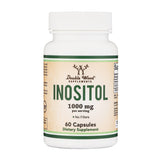






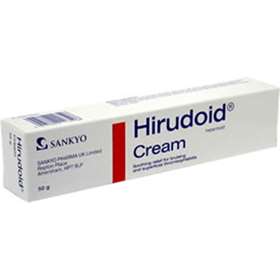

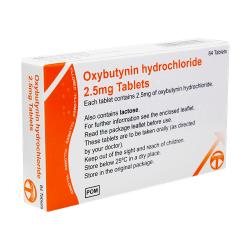





 Rated Excellent by 26,523+ Reviews
Rated Excellent by 26,523+ Reviews